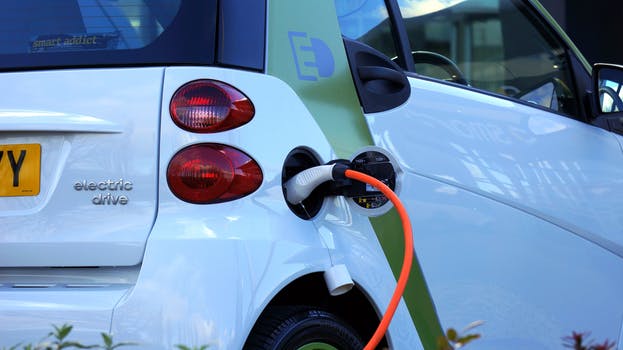(REPOST: EURACTIV)
Cities, states, countries and regions must work together to share successful policy approaches to meeting climate targets, including approaches to facilitate rapid adoption of low-carbon vehicles, insist Joschka Fischer, Margo Oge and Yunshi Wang.

Joschka Fischer was vice chancellor and foreign minister of Germany between 1998 – 2005. Margo Oge is a former environmental regulator who served as the director of the U.S. government Office of Transportation and Air Quality from 1994 to 2012, and authored the book Driving the Future. Yunshi Wang is the director of the China Centre for Energy and Transportation of the UC Davis Institute of Transportation Studies.
Early this autumn, climate change dominated the news cycle – but for all the wrong reasons. Instead of reporting on combating this international threat, the media was tracking its horrific impacts.
They included: an unprecedented Atlantic hurricane season that caused deaths from Guyana to Ireland as well as massive forest fires that burned up to the fringes of Los Angeles and San Francisco while others blazed through parts of Portugal and Northern Spain.
In the debris, hundreds of fatalities, billions of dollars in damage – was a clear message: We can waste no more time in addressing this impending crisis. Global cooperation is paramount.
But events earlier this year – particularly the Trump administration’s withdrawal from the Paris accord and its ongoing efforts to reverse Obama-era climate laws – make clear that cooperation at the international law level will be impeded by some. Nonetheless, many are still determined to protect the planet for future generations.
As in any transformation, there will be front-runners and there will be laggards. But a hundred years from now, all that will matter is that we moved beyond the politicization of climate change to implement coordinated policies that had a real impact on decreasing CO2 emissions and halting warming.
Those who lead in business, politics and civil society will be lauded for helping to mitigate the worst impacts of climate change.


